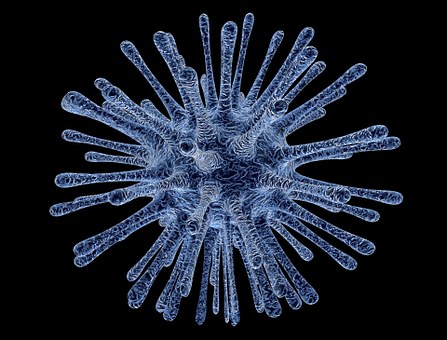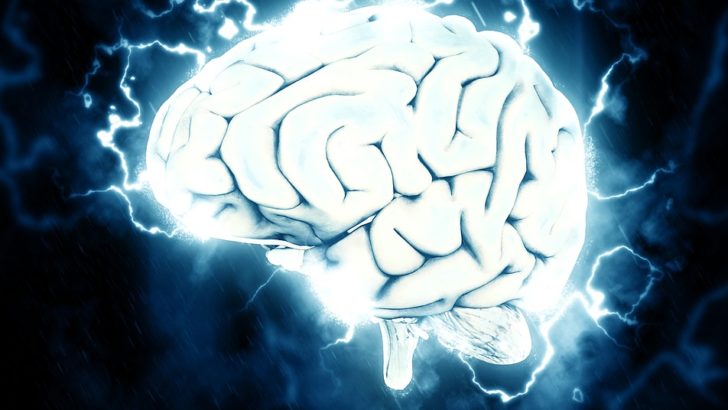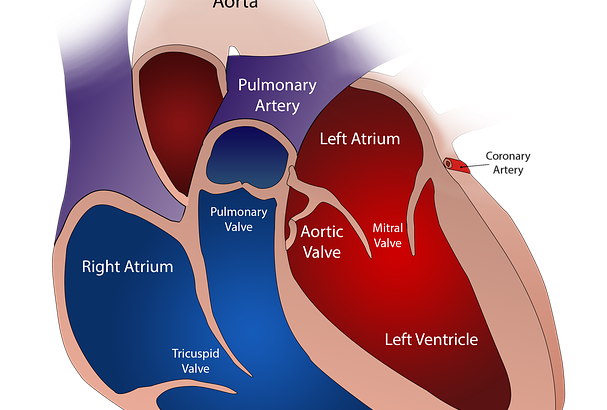Exiting around 3.8 billion years ago, Single Celled organisms, played a key role in depositing minerals on the surface of the Earth. By giving off oxygen, they helped our atmosphere, and had done so in an ‘Early Photosynthesis.’ In other terms, the prehistoric version of the evolved Photosynthesis that we know about today. The marine…
Single Celled Organisms





